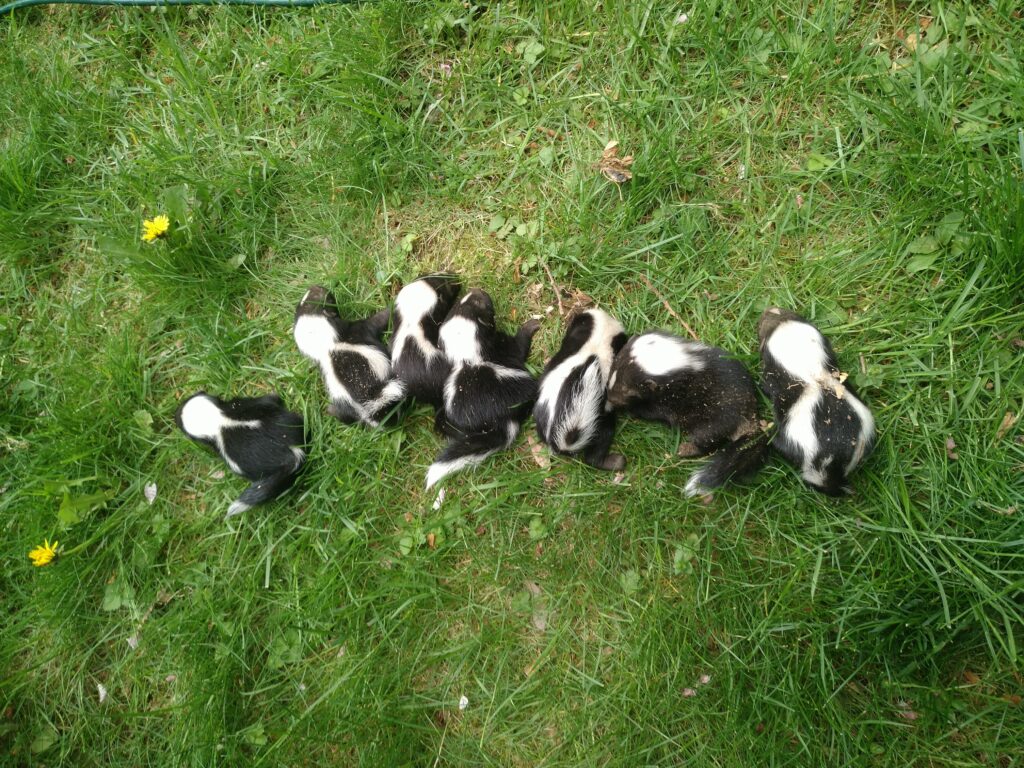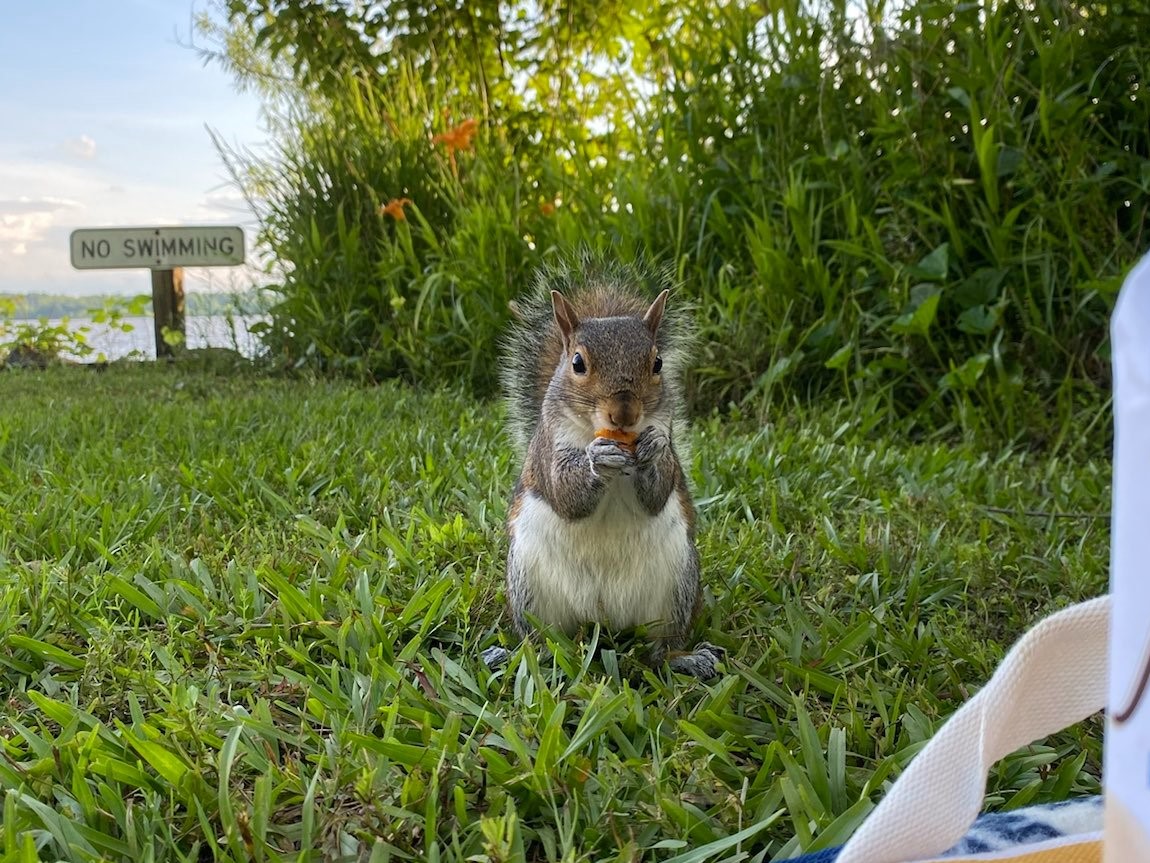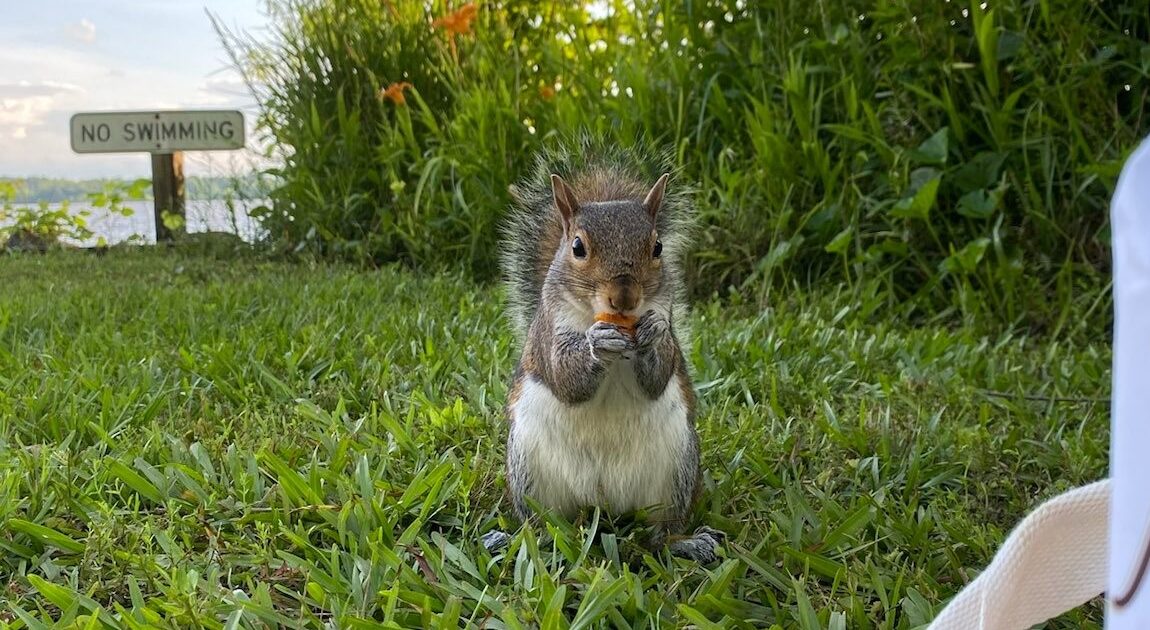Much of the need for wildlife control in Richmond Hill involves urban wildlife. This is a term that you probably hear frequently but may not fully understand. There are some animals, such as livestock and domestic pets, that live in and around human habitations because human beings want to have them around. Urban wildlife is a name given to wild animals that make their homes in human neighbourhoods, sometimes even inside residences, even though they are equipped by nature to live way out in the wilderness.
What Are Some Examples of Urban Wildlife?
Examples of animals considered to be urban wildlife include the following:
- Squirrels
- Skunks
- Woodchucks
- Opossums
- Raccoons
Seeing one of these animals on your property occasionally is not cause for alarm. They may just be passing through. At the same time, if you see them frequently, they might be living on your property, perhaps even inside your house. You should not encourage urban wildlife on your property because they can expose your family and pets to disease. If they do get into your house, they can also cause extensive property damage.
Why Do Wild Animals Live in Urban Areas?
As cities continue to grow, they sprawl out into these animals’ natural habitats. People may see urban wildlife as encroaching on their territory, but really, it is the other way around. When human beings starting moving into the habitat of wildlife, the animals have two choices. Either they can move out of the area in search of an area unpopulated by humans, or they can keep living in the now-urban area.
Some animals have found it advantageous to live in cities alongside humans. They have adapted to feed off scraps of human food and developed a taste for it over time. As more urban areas develop, the animals will continue to adapt.

What Can You Do To Deter Urban Wildlife?
While you can’t keep urban wildlife out of your neighbourhood entirely, you can deter them from coming onto your property and making a nest in or around your home. Urban wildlife has adapted to settle down where food is most readily available. Therefore, most of your efforts should go toward avoiding feeding wild animals, whether intentionally or inadvertently. You should also deprive them of places to build nests or dens.
Here are some specific things you can do to keep urban wildlife off your property:
- Clean up after barbecues. Food scraps left lying around on the ground will tempt wildlife onto your property.
- Don’t leave pet food outside, especially overnight. Not only does this draw wildlife onto your property, but it may spark a fight over the food between your pet and a wild animal. Your pet could get sick or hurt as a result.
- Clean up your yard of any pet excrement. As disgusting as it may seem to you, wild animals may eat it as well.
- Clean up any nuts or rotting fruit that fall from the trees on your property. If you have a garden, be sure to pick any late-season vegetables instead of leaving them in the ground for wildlife to feed on.
- Wild animals, especially raccoons, like to eat out of your garbage cans. You should empty these often, use tight-fitting lids to close them or tie them with bungee cords to a fixed object so animals cannot knock them over and get them to spill.
- Fill any cracks in the siding of your house. Some wild animals can get in through very small holes.
It is better to deter urban wildlife if possible. However, wild animals are very clever and can sometimes be very persistent. Call Skedaddle Humane Wildlife Control for raccoon removal and other services for urban wildlife on your Richmond Hill property.




